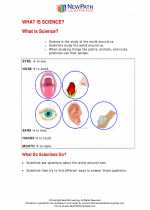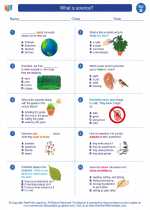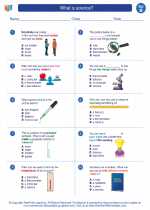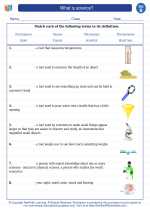Reproductive System
The reproductive system is a crucial part of the human body responsible for the production of offspring. It is a complex system that includes both internal and external organs, as well as hormones that are essential for reproduction.
Male Reproductive System
The male reproductive system consists of several organs, including the testes, epididymis, vas deferens, prostate gland, seminal vesicles, and the penis. The primary function of this system is to produce and deliver sperm for fertilization.
- Testes: These are responsible for producing sperm and the hormone testosterone.
- Epididymis: This is where the sperm mature and are stored.
- Vas Deferens: This is a long, muscular tube that carries the mature sperm to the urethra.
- Prostate Gland and Seminal Vesicles: These glands produce fluids that mix with sperm to form semen.
- Penis: The male organ used for sexual intercourse and urination.
Female Reproductive System
The female reproductive system is more complex and includes the ovaries, fallopian tubes, uterus, cervix, and vagina. Its primary function is to produce eggs, receive sperm, and support the development of an embryo and fetus.
- Ovaries: These organs produce eggs and the hormones estrogen and progesterone.
- Fallopian Tubes: These are the pathways through which the egg travels from the ovary to the uterus. Fertilization typically occurs in the fallopian tubes.
- Uterus: Also known as the womb, the uterus is where a fertilized egg implants and develops into a fetus during pregnancy.
- Cervix: The lower part of the uterus that connects to the vagina.
- Vagina: The female organ used for sexual intercourse and as a passageway for childbirth.
Reproductive Hormones
The reproductive system is regulated by hormones, including testosterone in males and estrogen and progesterone in females. These hormones play a crucial role in the development and function of the reproductive organs, as well as the menstrual cycle and pregnancy.
Study Guide
- Identify the major organs of the male and female reproductive systems.
- Describe the primary functions of the male and female reproductive systems.
- Explain the role of hormones in the reproductive system.
- Discuss the process of fertilization and pregnancy in the female reproductive system.
- Compare and contrast the male and female reproductive systems.
Understanding the reproductive system is essential for comprehending the process of human reproduction and the development of new life.
[Reproductive System] Related Worksheets and Study Guides:
.◂Science Worksheets and Study Guides Second Grade. What is science?

 Worksheet/Answer key
Worksheet/Answer key
 Worksheet/Answer key
Worksheet/Answer key
 Worksheet/Answer key
Worksheet/Answer key
 Vocabulary/Answer key
Vocabulary/Answer key
